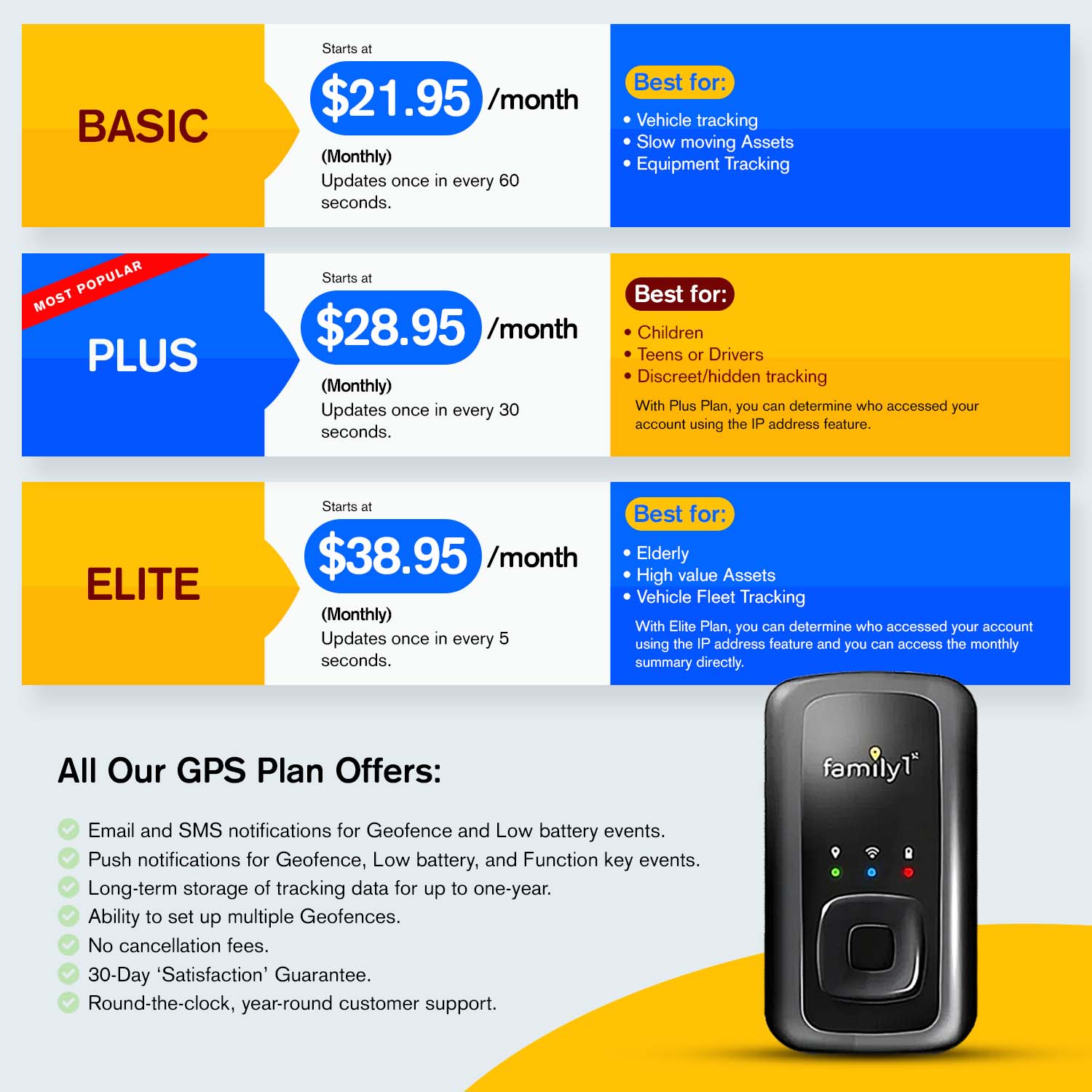Apple AirTag uses Bluetooth and Apple’s Find My network to help locate lost personal items. It works best in urban areas, has no monthly fees, but does not offer real-time tracking or work well in remote locations.
A GPS tracker relies on satellite and cellular networks to provide continuous, real-time tracking. It is suitable for vehicles, pets, and people, offering features like geo-fencing, but it requires a subscription and regular battery charging.
What Is an Apple AirTag?
Apple AirTag is a small, coin-shaped device that helps you find lost items like keys, wallets, and bags. It connects to Apple’s Find My network and uses Bluetooth to share its location.
The AirTag is lightweight, water-resistant, and has a replaceable battery that lasts about a year. It works best in places with many Apple devices, making it useful for tracking belongings in cities.
How Does Apple AirTag Work?
Apple AirTag uses Bluetooth, Ultra-Wideband (UWB), and Apple’s Find My network to track lost items. It combines short-range detection with crowdsourced location tracking.
Bluetooth Tracking
-
Connects to nearby iPhones or iPads via Bluetooth Low Energy (BLE).
-
Works within 30-50 feet, displaying the last known location in the Find My app.
-
Plays a sound to help locate misplaced items.
Precision Finding (UWB Technology)
-
Available on iPhone 11 and newer with U1 chips.
-
Uses Ultra-Wideband to show real-time distance and directional arrows in the Find My app.
Find My Network (Long-Range Tracking)
-
If out of Bluetooth range, nearby Apple devices detect the AirTag and update its location.
-
Location data is anonymously and securely sent to iCloud.
Lost Mode & Security
-
Lost Mode notifies the owner when the AirTag is found.
-
NFC-enabled smartphones can scan lost AirTags to display the owner’s contact info.
-
Data is encrypted, preventing unauthorized tracking.
Battery & Durability
-
Uses a CR2032 coin cell battery, lasting about one year.
-
IP67 water-resistant, protecting against dust and brief submersion.
Pros and Cons of Apple AirTag
Pros
✔ Affordable ($29 per AirTag)
✔ Long battery life (around 1 year)
✔ Compact and lightweight
✔ No monthly fees
✔ Works seamlessly with Apple devices
Cons
✘ Limited to Apple ecosystem (not ideal for Android users)
✘ No real-time tracking (depends on other Apple devices)
✘ Not suitable for vehicles or remote locations
✘ Easily removable if stolen
What Is a GPS Tracker?
A GPS tracker is a device that uses the Global Positioning System (GPS) to determine real-time location anywhere in the world. It receives signals from multiple satellites to calculate precise coordinates.
Unlike AirTags, GPS trackers do not rely on nearby devices for location updates. They use cellular networks, satellite signals, or radio frequencies to provide continuous tracking.
How Does a GPS Tracker Work?
GPS trackers communicate with satellites to determine location coordinates and then send this data to a mobile app or web platform through cellular or radio networks. Some advanced models offer features like speed tracking, route history, and tamper alerts.
Read More: What Is GPS & How Do GPS Trackers Work?
Pros and Cons of GPS Tracker
Pros
✔ Real-time global tracking
✔ Works in remote areas
✔ Ideal for tracking pets, vehicles, and people
✔ Geo-fencing and alerts available
✔ Compatible with both iOS and Android
Cons
✘ Higher upfront cost ($50-$200 per tracker)
✘ Monthly subscription required (typically $5-$30 per month)
✘ Shorter battery life (needs frequent charging)
✘ Bulkier than AirTags
Apple AirTag vs. GPS Tracker: Key Differences
|
Feature |
Apple AirTag |
GPS Tracker |
|
Technology |
Bluetooth & Find My network |
GPS & Cellular/Satellite |
|
Range |
Limited to Apple network coverage |
Unlimited (global coverage) |
|
Real-Time Tracking |
No (updates based on nearby Apple devices) |
Yes (live tracking available) |
|
Battery Life |
~1 year (replaceable) |
Varies (days to weeks, rechargeable) |
|
Best for |
Personal items in urban areas |
Vehicles, pets, people, remote areas |
|
Geo-Fencing |
No |
Yes |
|
Price |
$29 per AirTag |
$50-$200 (plus monthly subscription) |
|
Subscription Fee |
No |
Yes (for cellular network access) |
|
Compatibility |
iOS only |
Works with iOS & Android |
Which One Should You Choose?
The right choice depends on what you need to track. Apple AirTags work well for finding everyday items, while GPS trackers offer real-time location updates for vehicles, pets, and people.
When to Choose an Apple AirTag
Apple AirTag is a good option if you use Apple devices and frequently misplace personal items. It works best in cities where Apple’s Find My network is active. It’s a one-time purchase with no monthly fees, making it cost-effective for tracking small belongings.
When to Choose a GPS Tracker
A GPS tracker is better if you need real-time tracking, especially for vehicles, pets, or people. It works in any location, even in areas without Apple devices nearby. Many GPS trackers include features like geo-fencing alerts and movement history, though they often require a monthly subscription.





